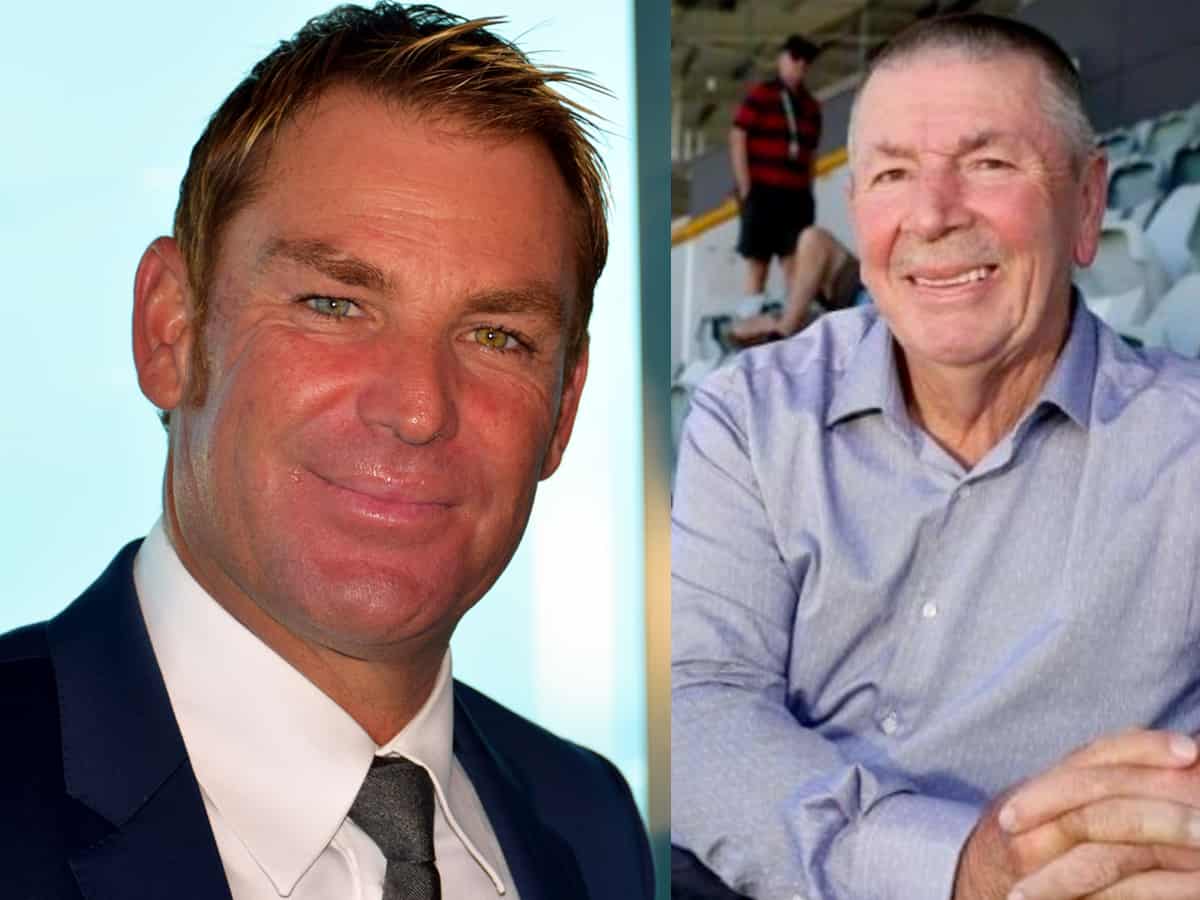
These factors may cause heart attacks even among outwardly fit sportspersons.
The untimely death of Australia’s spin wizard Shane Warne sent shock waves throughout the cricket world. The highly popular cricketer had helped his country to win the World Cup and was part of the Australian teams which won the Ashes against England five times in his career. He could weave magic with the cricket ball. Youngsters all over the world tried to copy his bowling action. He was idolised by both young and old and his premature death, at the age of only 52, left his fans in deep shock.
But his tragic death and those of some others including Australia’s Rodney Marsh, India’s Yashpal Sharma and international footballer and coach Subhash Bhowmick bring up an intriguing question. Why do several sportsmen who have led an active and healthy life, with plenty of exercise and controlled diet, have heart attacks by middle age. In this context, it may be recalled that Kapil Dev and Sourav Ganguly also had to undergo angioplasty.
All these players, although retired, were still very active. Kapil Dev is a super fit person. He plays golf and exercises regularly. Sourav is an energetic man who handles several responsibilities with aplomb. Rod Marsh was involved in coaching and selection of teams. New Zealand’s legendary all rounder Sir Richard Hadlee and Sri Lankan star Muralitharan have also suffered from cardiac problems.
Then there are examples of sportsmen who are in the prime of their youth who have developed heart problems. Last year during the Euro football tournament, Danish footballer Christian Eriksen collapsed on the pitch after suffering cardiac arrest. He was given cardiopulmonary resuscitation and his life was saved because timely medical help was available.
Spanish goalkeeper Iker Casillas had a similar experience. On 1st May 2019, during the morning training session of Porto club, Casillas was rushed to hospital after suffering a heart attack at the club’s training ground. Fortunately with medical aid, his situation was stabilized.
So why is it that so many sportsmen who are outwardly the epitome of fitness, are caught unawares by these sudden heart attacks ? According to Dr. Sharmista Choudhury who was associated with Apollo Hospitals in Hyderabad a few years ago, the reasons can be attributed to several factors.
“One of the factors could be stress. Professional sportsmen are under a lot of stress and have to deal with tremendous pressure. Stress is something that is difficult to quantify. Different persons react differently to stress. To what extent an individual will be affected in a given situation depends solely upon his psychological make up. These days, sportsmen have to live in a bio-bubble when a tournament is in progress. This too is a stressful lifestyle. We don’t know how a person is taking it until they get affected. Even after leaving sports, a sportsman may feel stress,” she explained.
“Another factor that has to be considered is the effect of COVID and its related issues on the population. These issues could be physiological as well as psychological. Nowadays we are going into lockdowns and coming out of it. Our regular habits are being disturbed. When we ourselves opt for a change – like going for a holiday – then the change is welcome and the body produces good hormones. But when the changes are forced upon us (like in a lockdown), the opposite happens. We become irritable and stressed. Even though it may seem to be a small thing, on some people it has a big effect deep inside,” she explained. “Moreover, a few of my doctor friends are of the opinion that some patients developed heart problems after taking vaccination. Not enough study has been done to come to a definite conclusion about this, but we cannot rule it out,” she added.
“Then there is the family angle. Some persons are prone to having heart problems because the ailment runs in their family. So, without knowing a patient I cannot give a definite answer as to why a sportsman may have a heart attack at an early age. But broadly speaking these could be the reasons,” she said.
The last factor may have been the reason for Hyderabad’s former international footballer and coach Shabbir Ali who had a heart problem a few years ago. “I was on a ventilator for two days but eventually I managed to fight my way out of it,” said Shabbir Ali.
“In my case my father and elder brother had similar health issues so I probably inherited it. Now I have to observe certain restrictions. I do not eat red meat. No mutton or beef. I was told not to drink more than two litres of water per day. But as long as I observe these rules and take medication, I am fit enough to carry on with all my work including coaching boys at my football academy,” said the Dronacharya award winning coach.
According to an article published by the Sports Institute, USA, a sudden cardiac arrest among young athletes is usually caused by a structural abnormality of the heart. Most of these abnormalities may be unknown to the athlete. Therefore every team should formulate an Emergency Action Plan (EAP) to deal with such cases. Every EAP should specify how to respond to a sudden cardiac arrest. The staff’s ability to execute every element of its EAP can be lifesaving.
So it is clear that even sportsmen are at high risk these days. It is not enough to work out at the gym or on the tracks daily. It is equally important to go in for regular check ups and pay attention to what is happening inside the bodies of sportsmen – both active and retired – who may outwardly appear to be very fit and strong.
Abhijit Sen Gupta is a seasoned journalist who writes on Sports and various other subjects.



